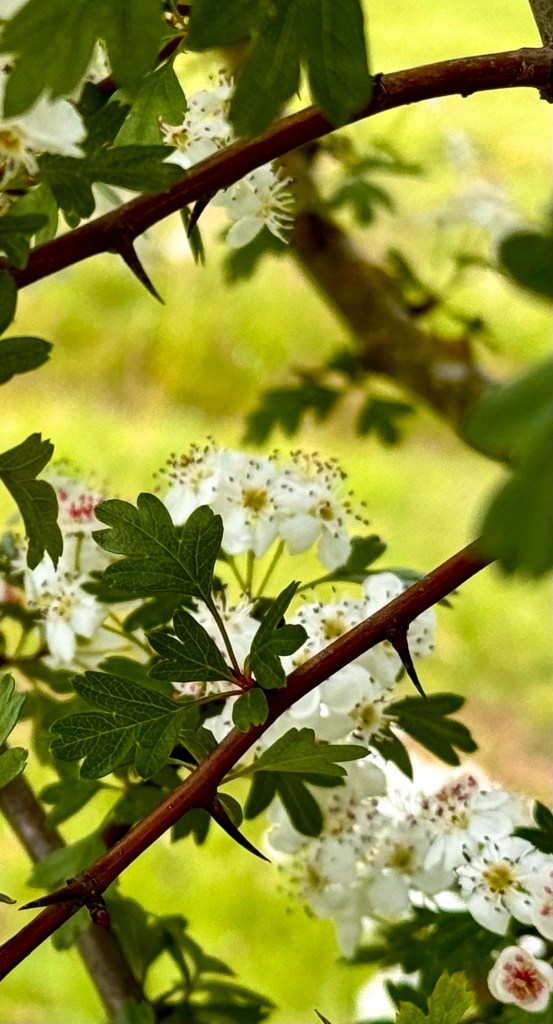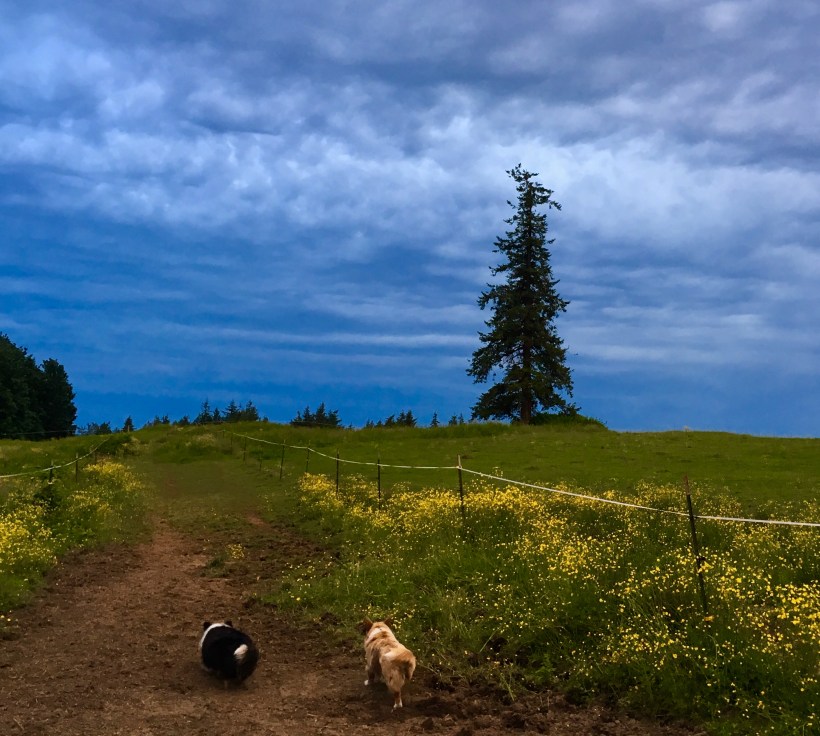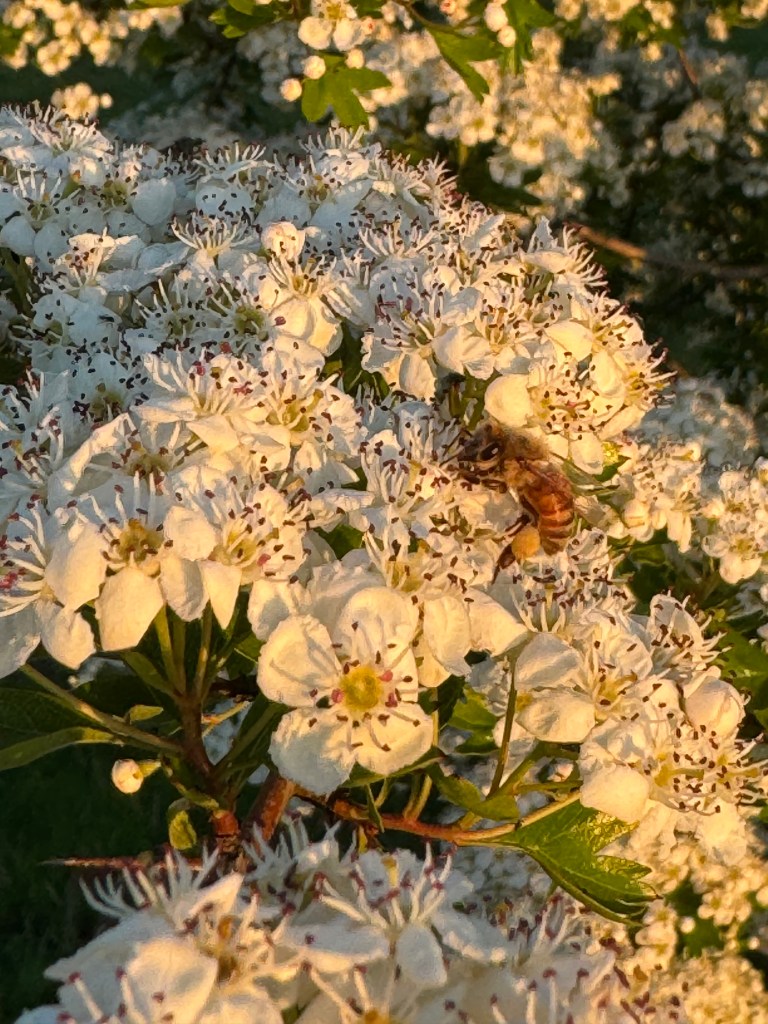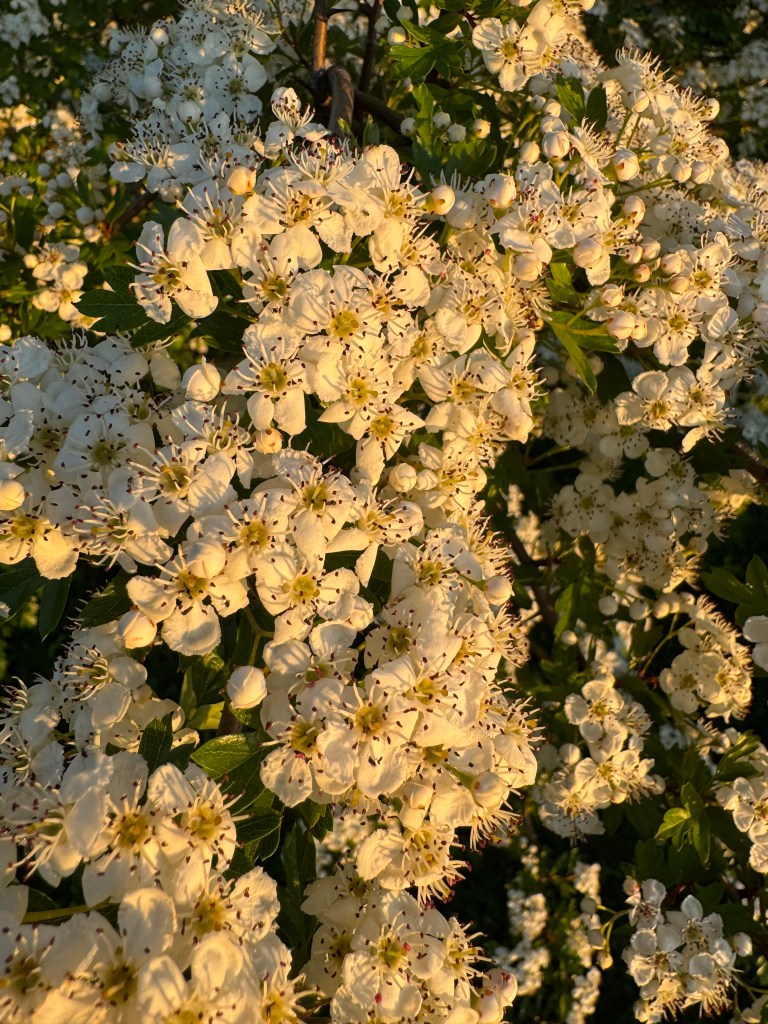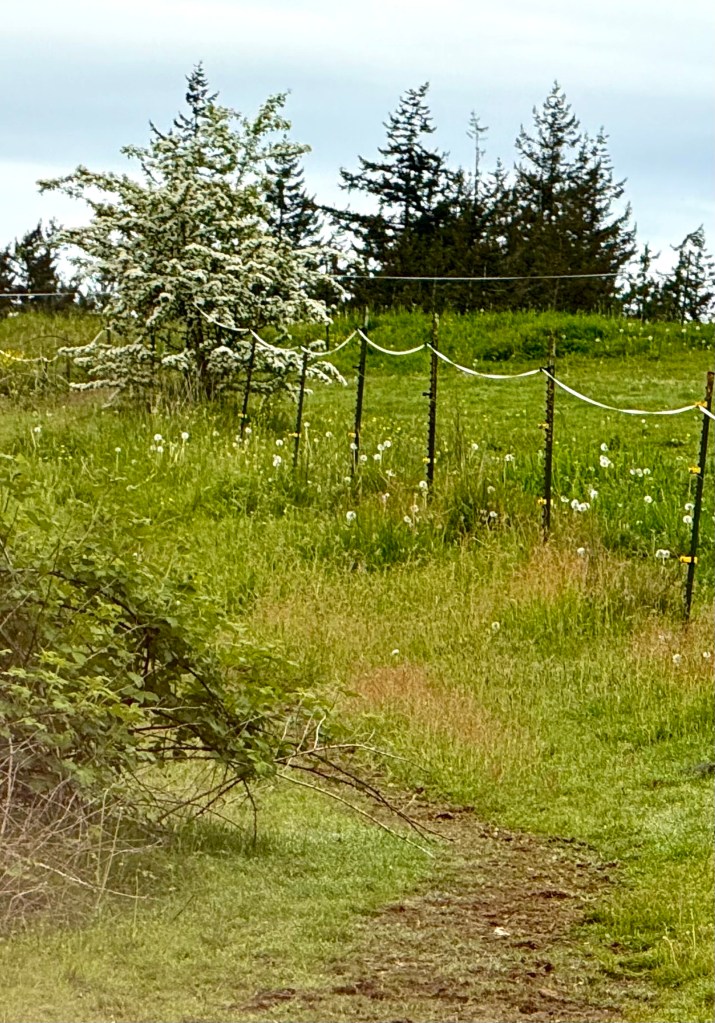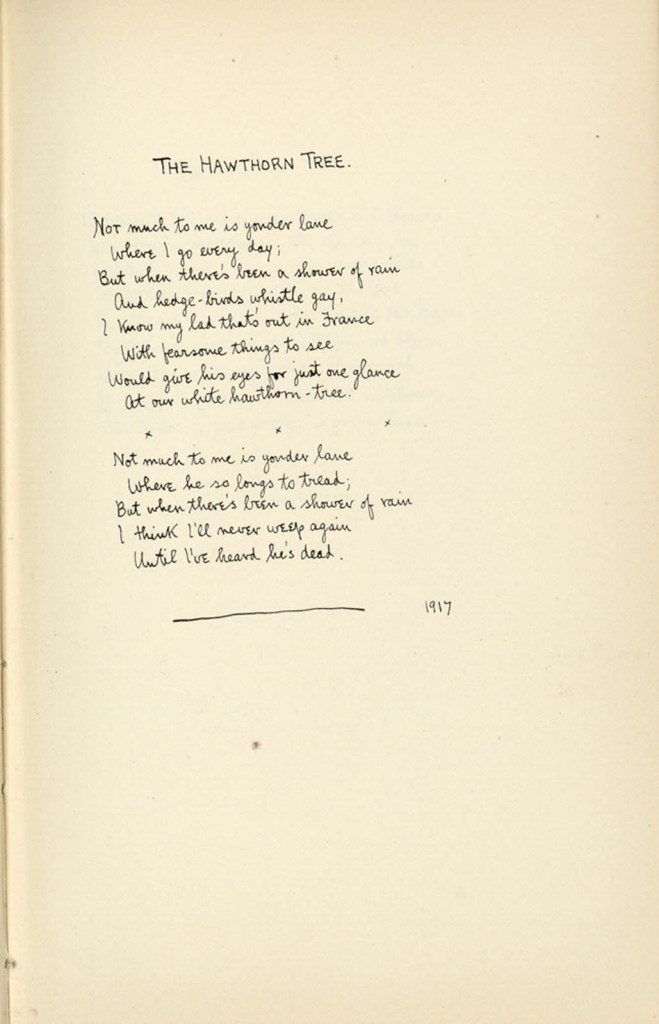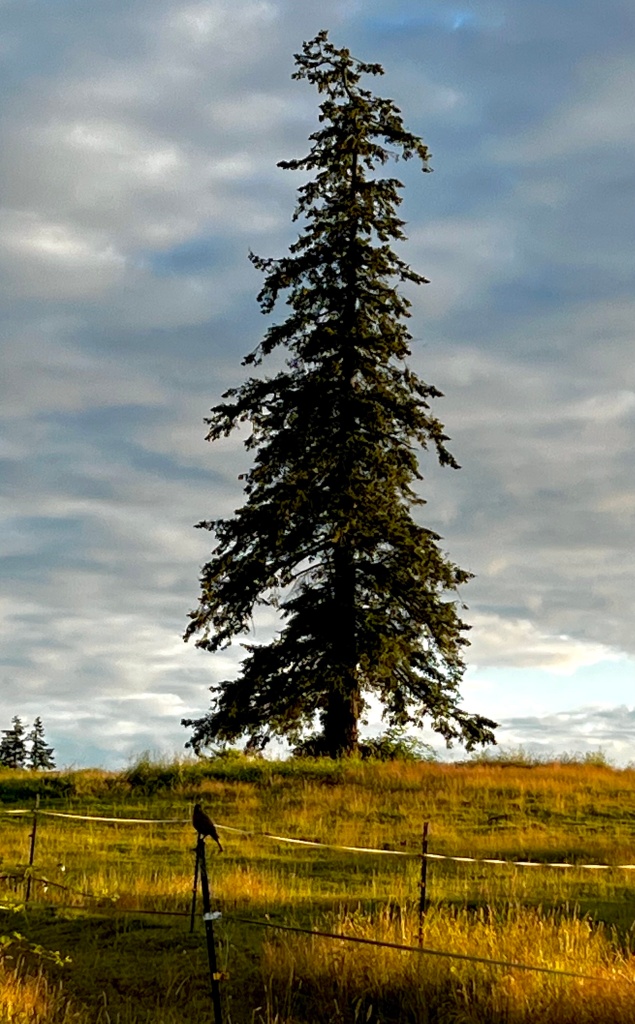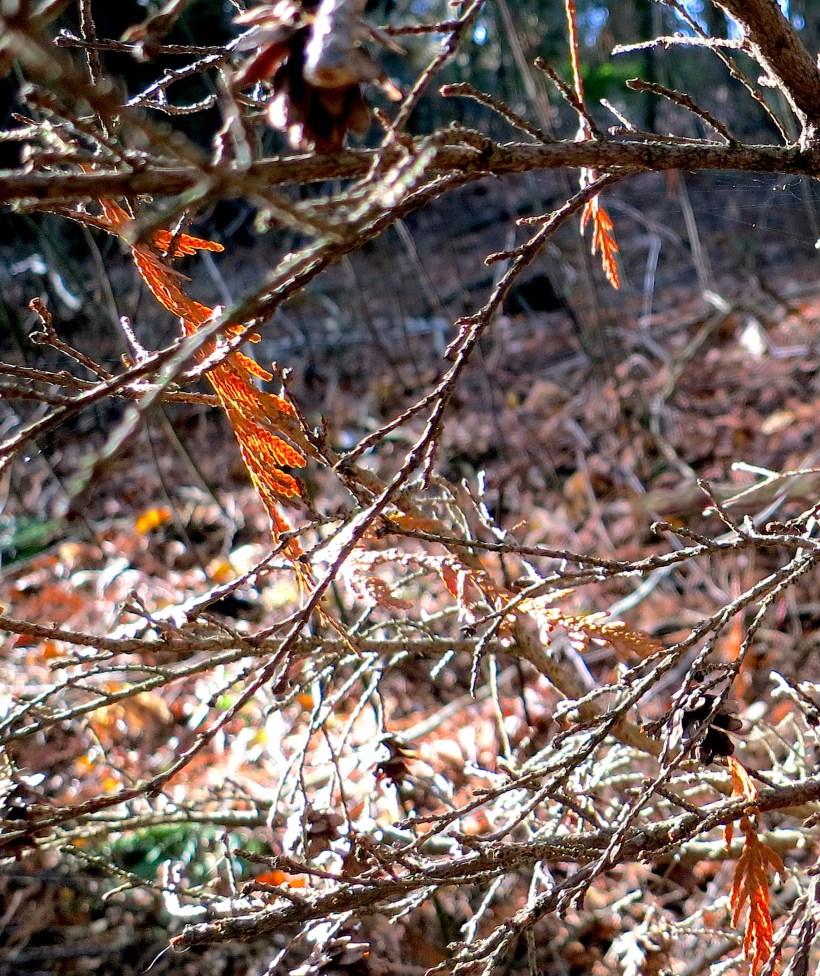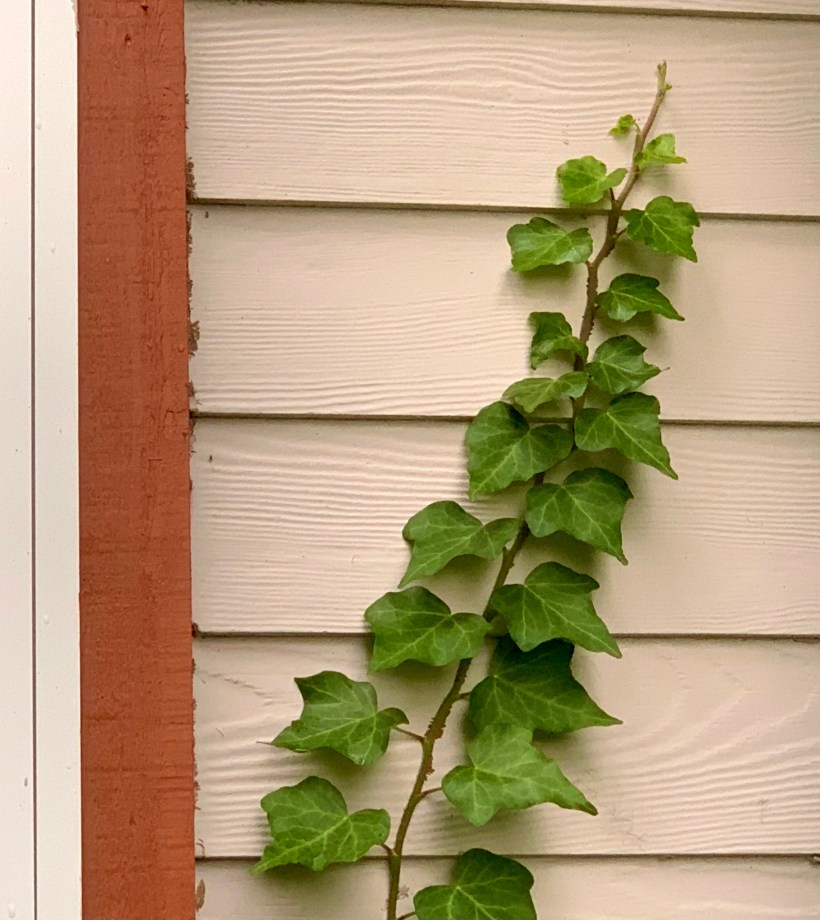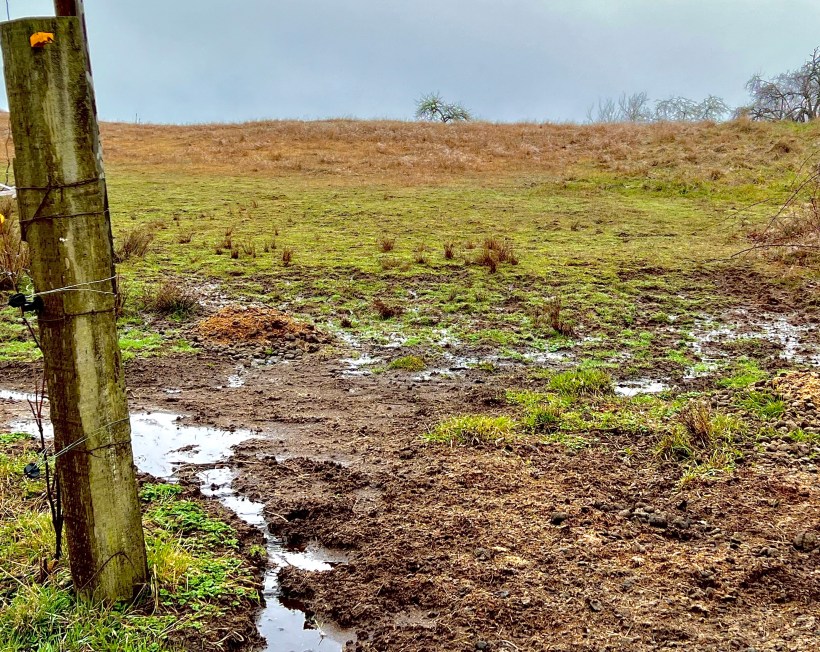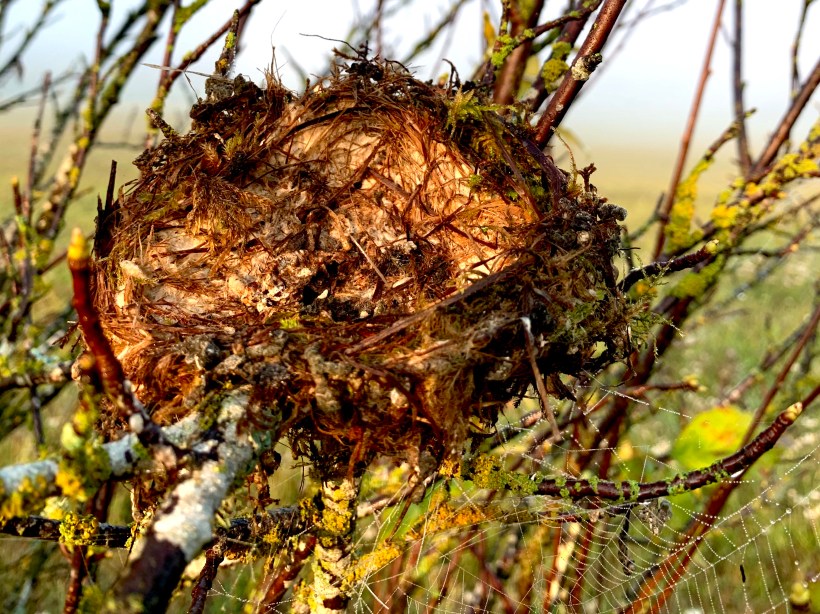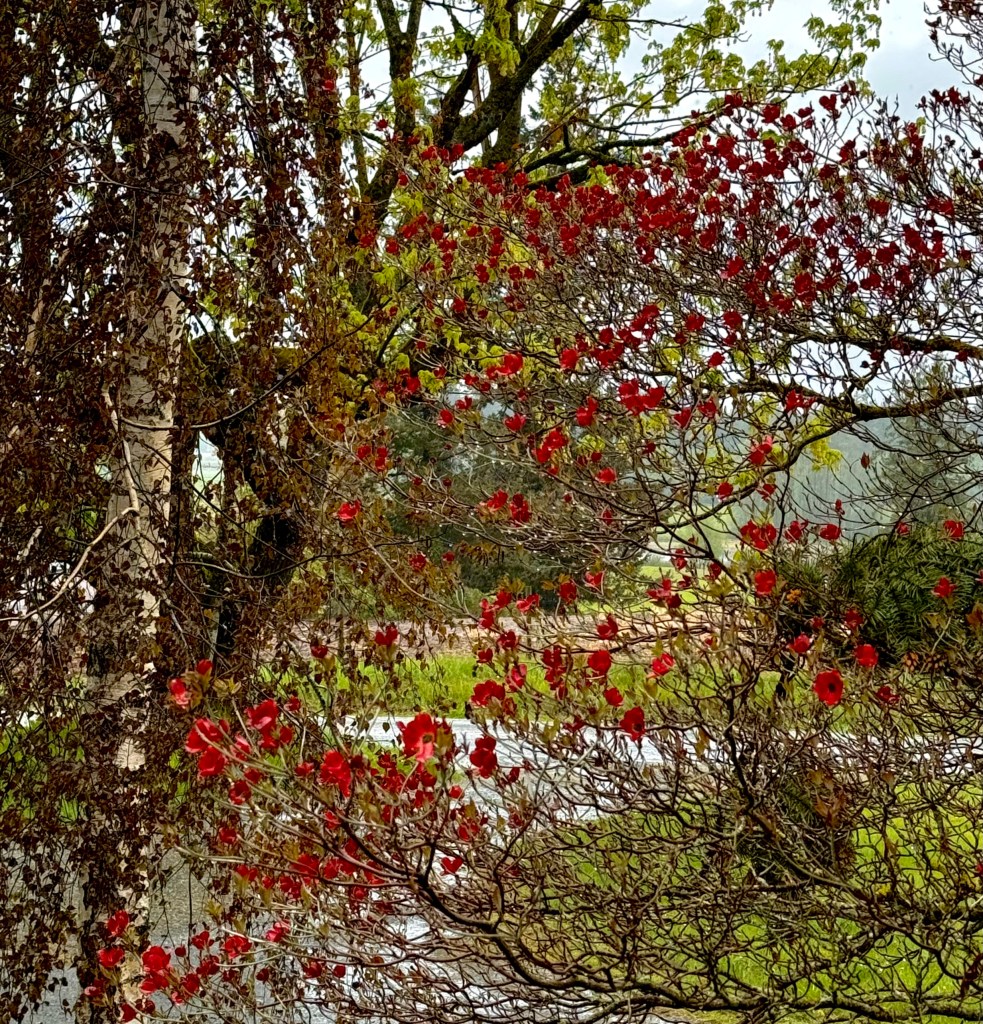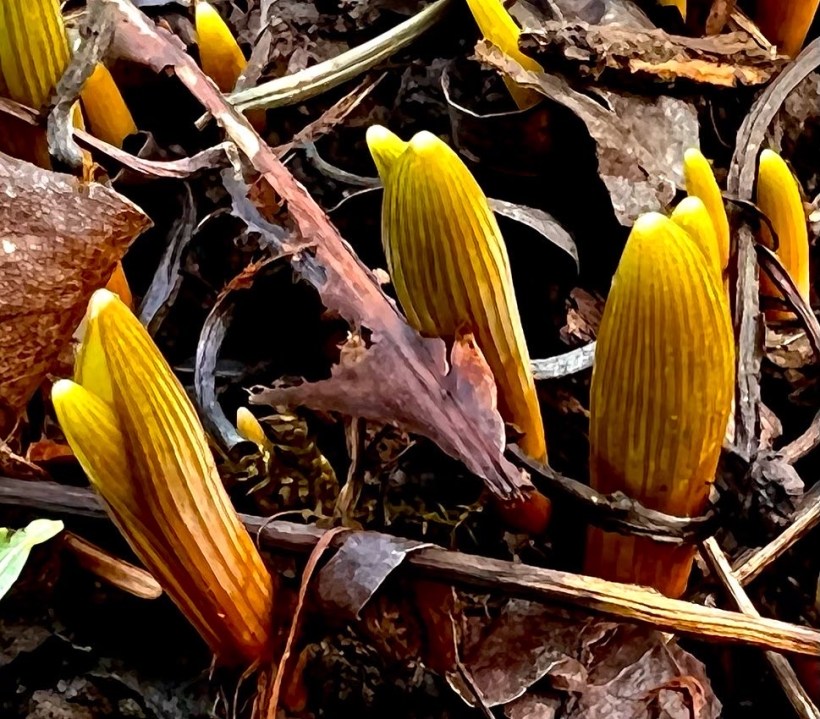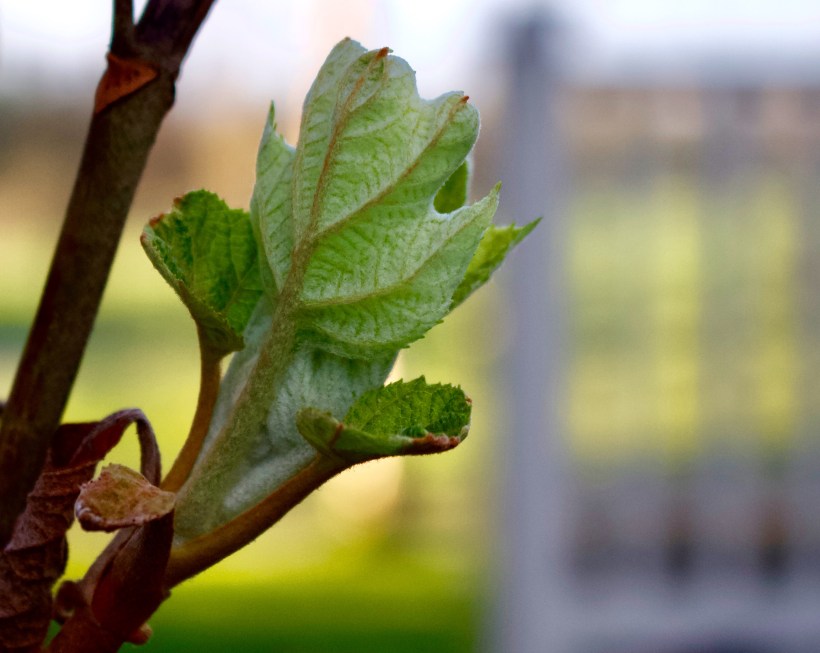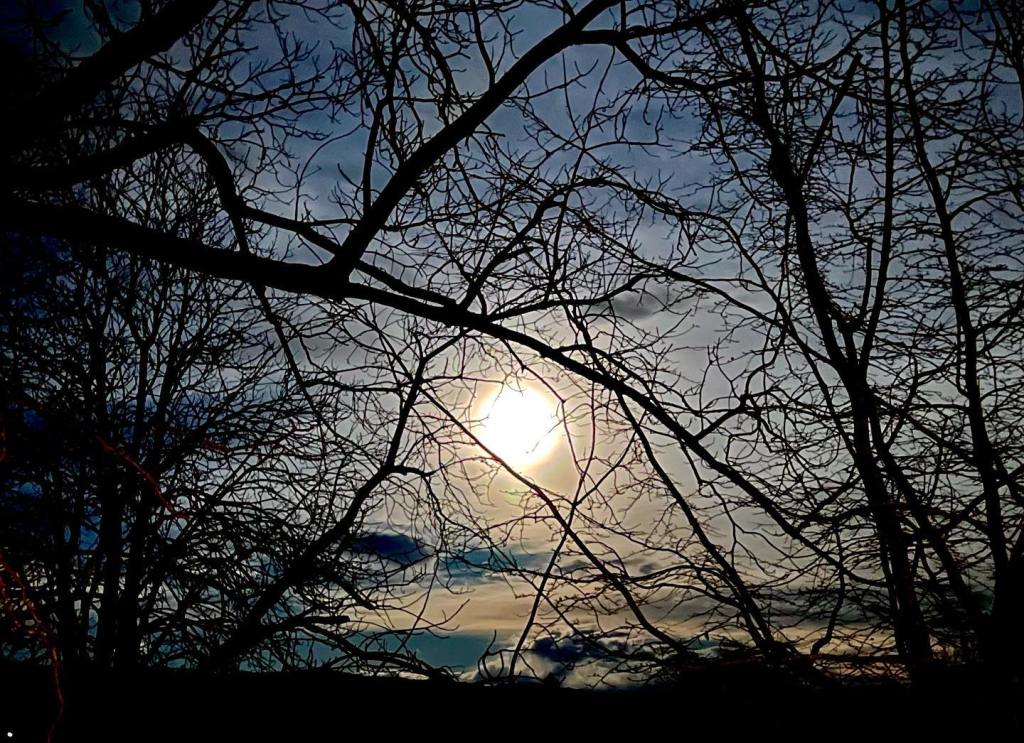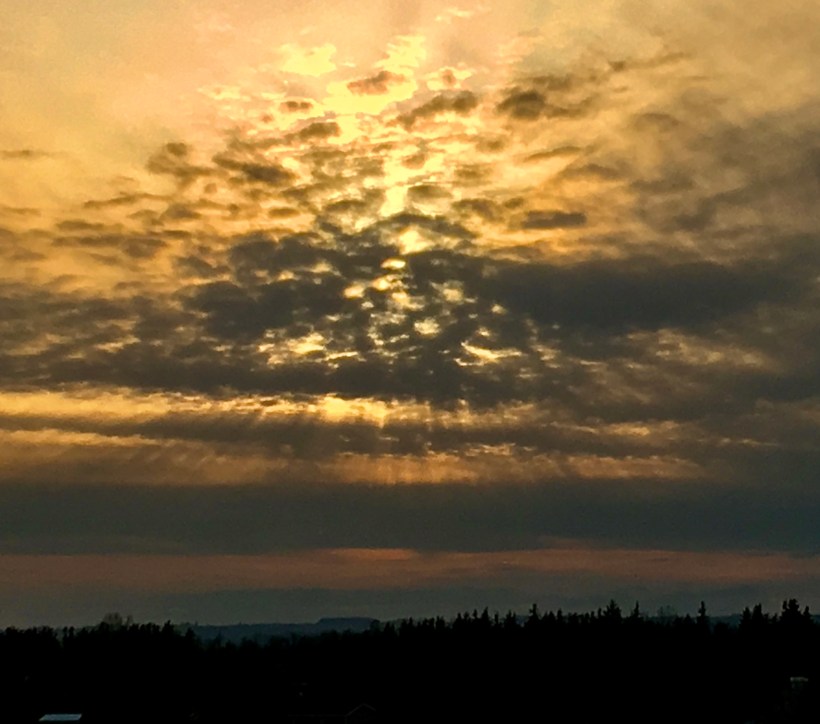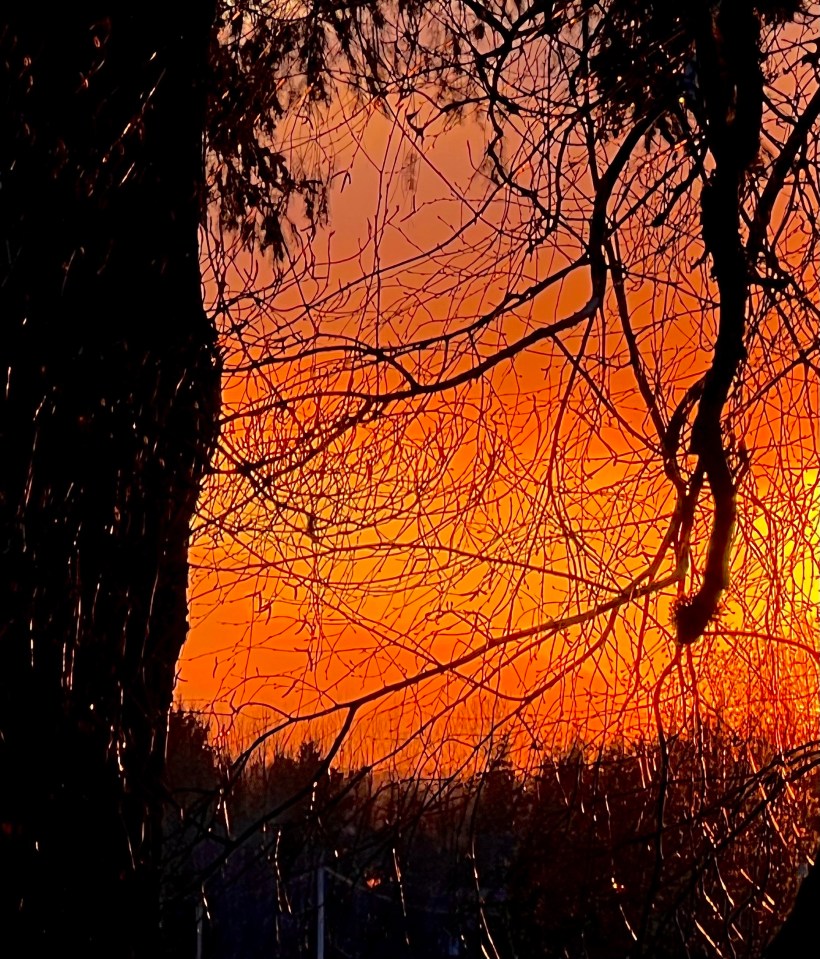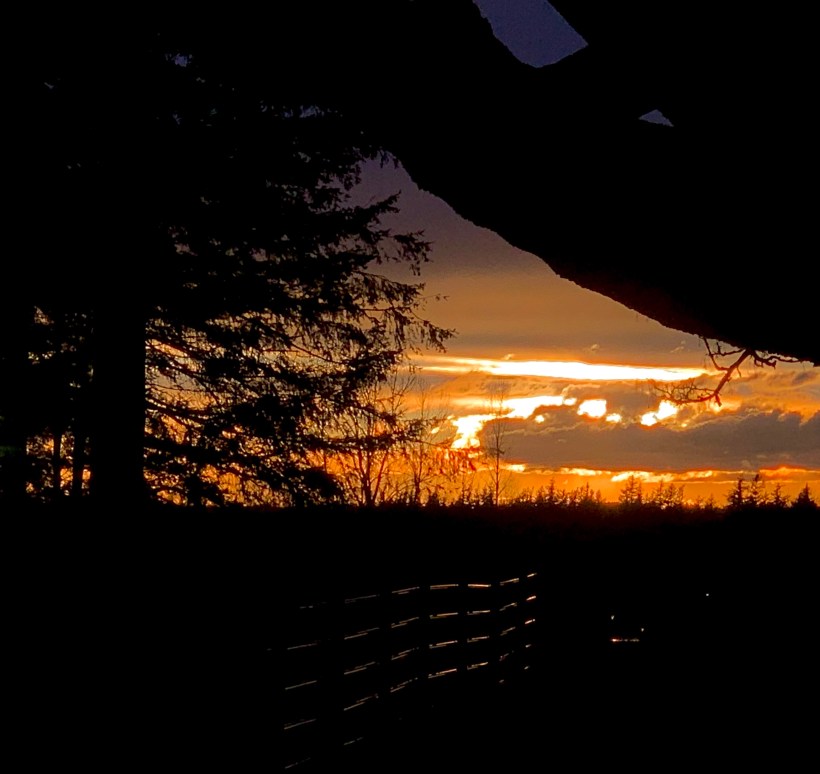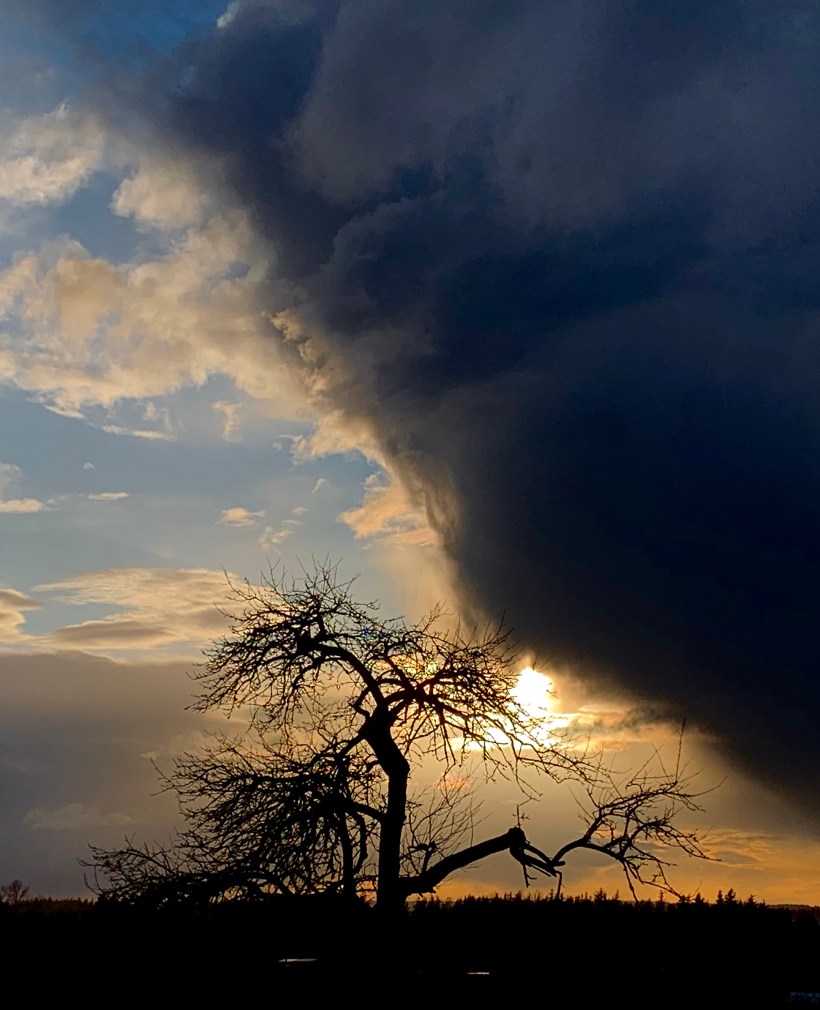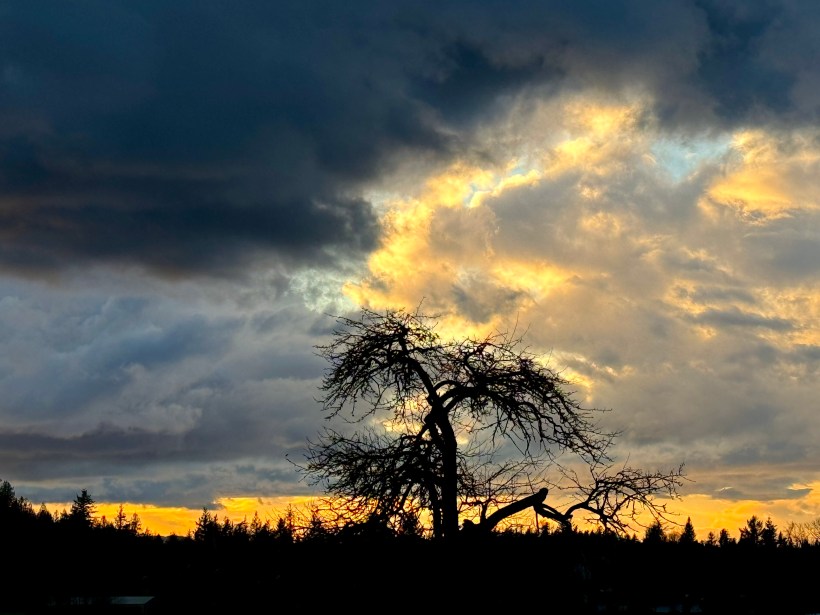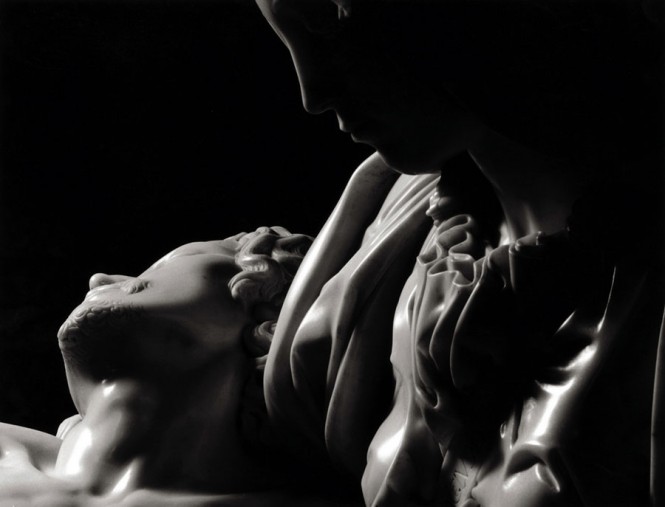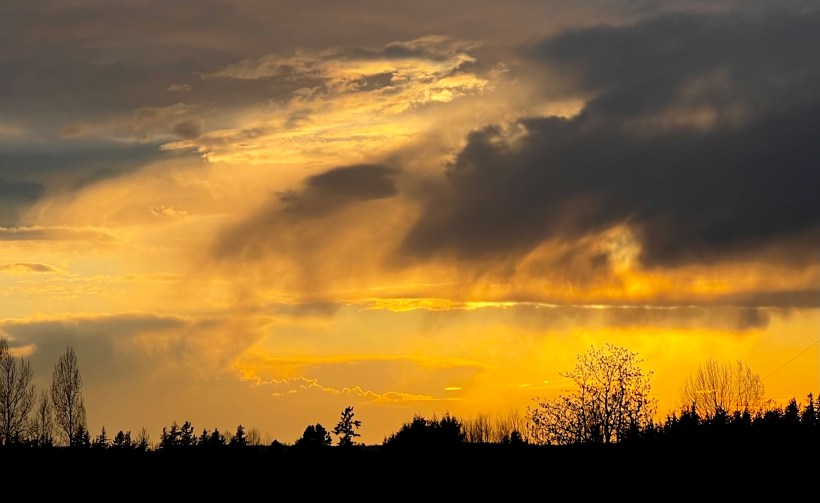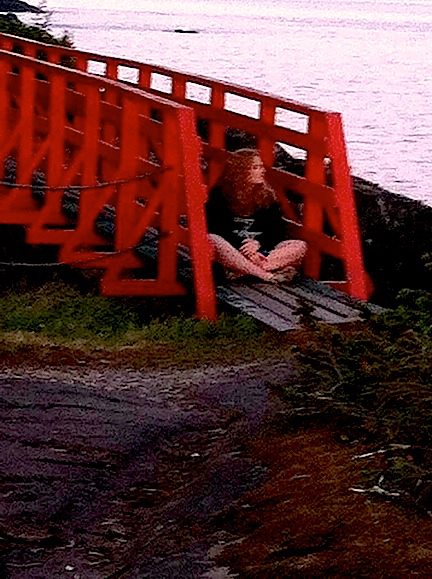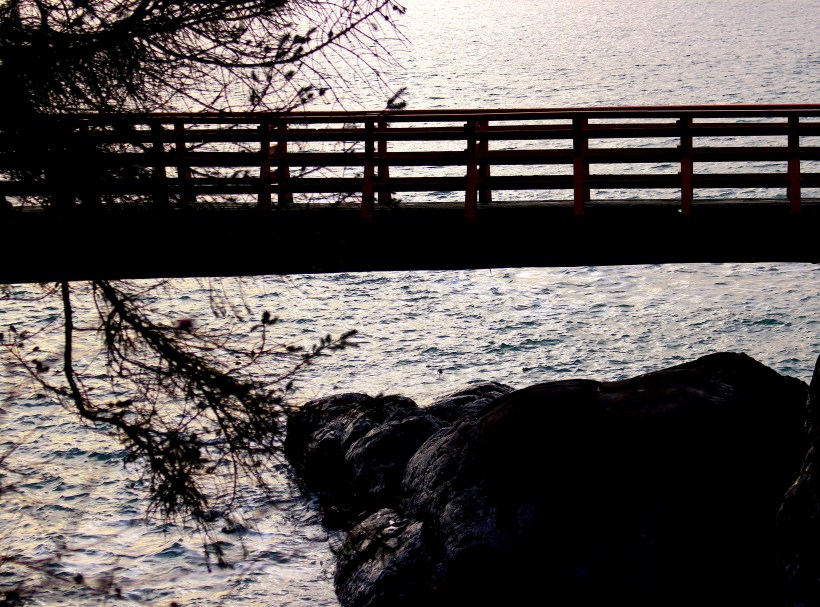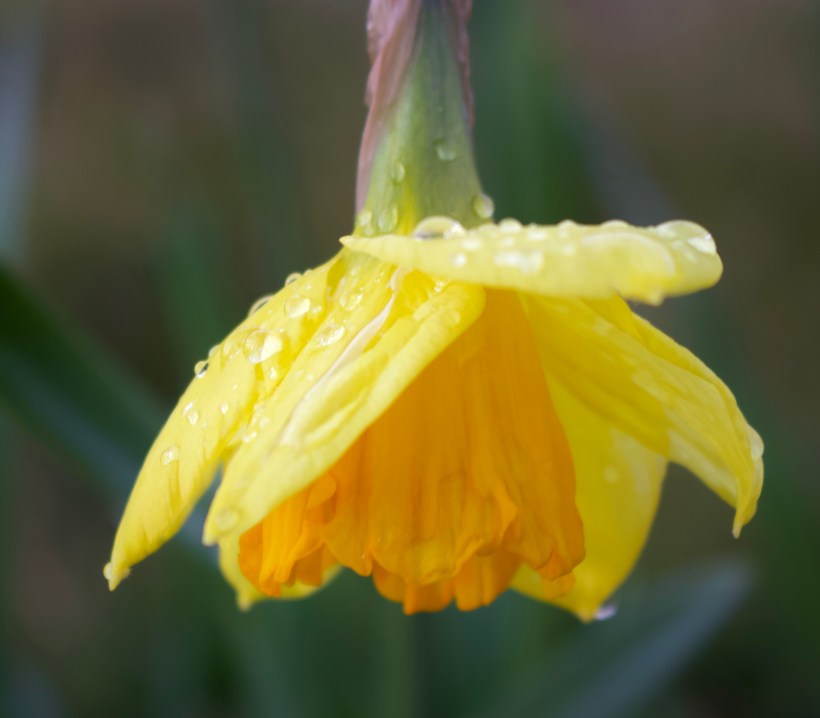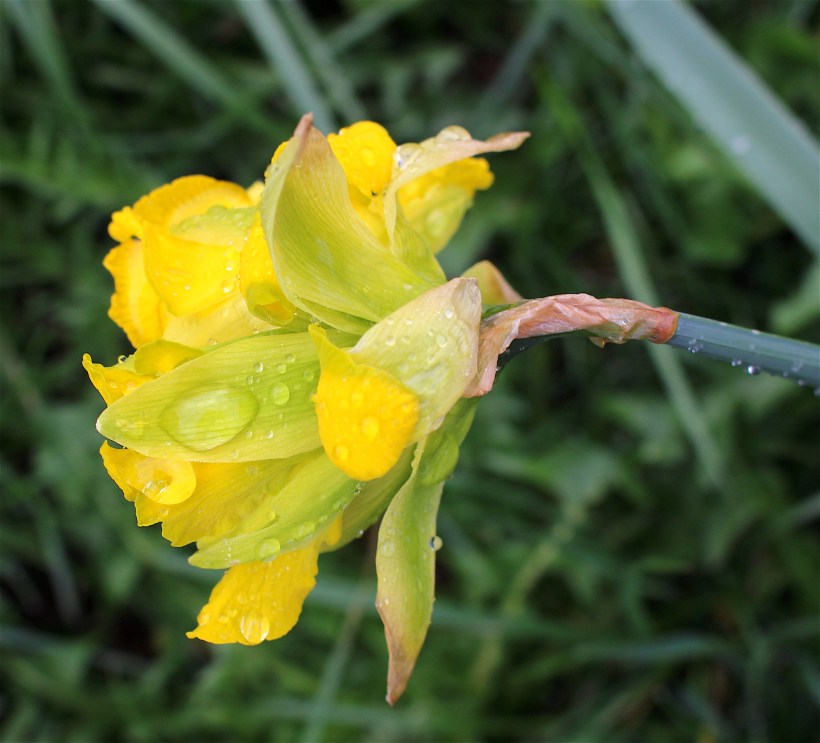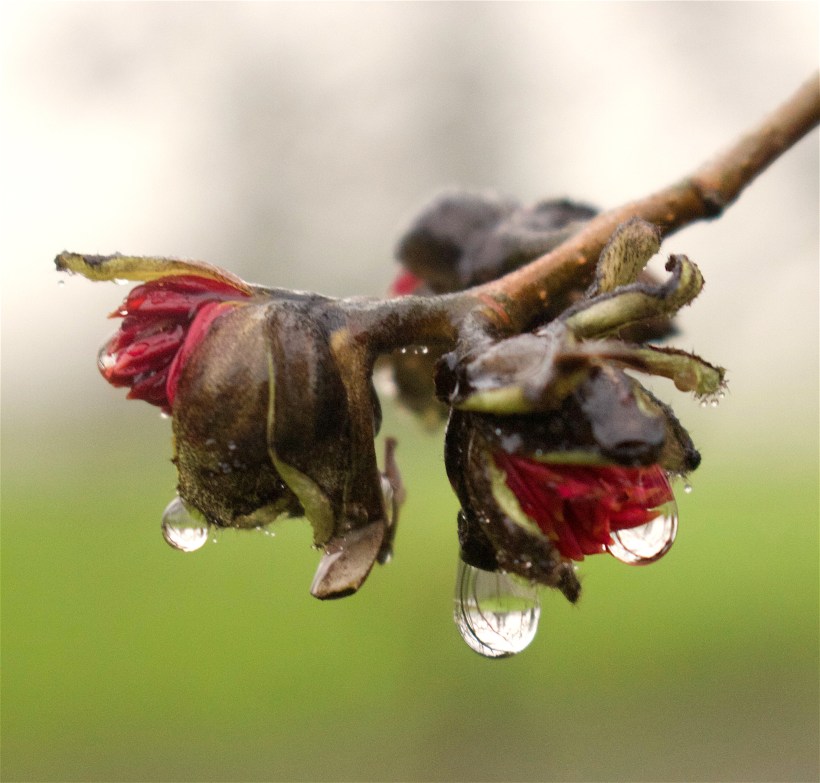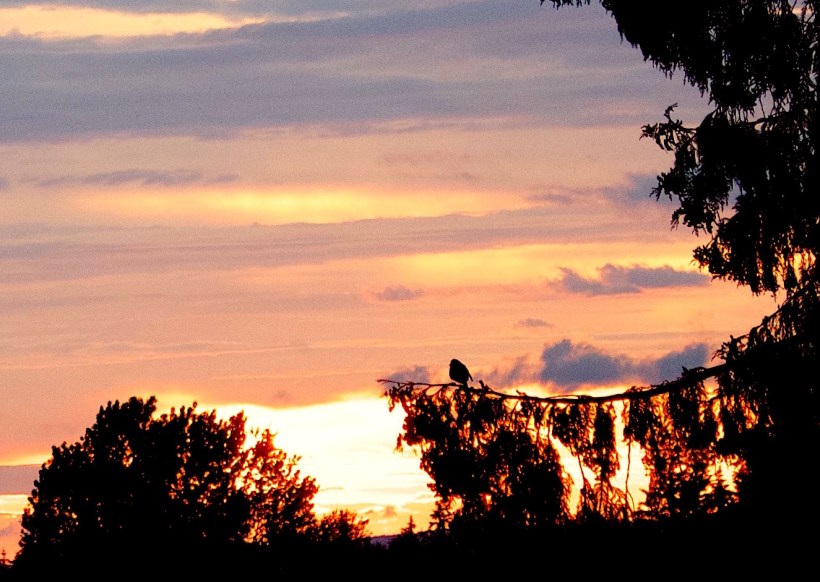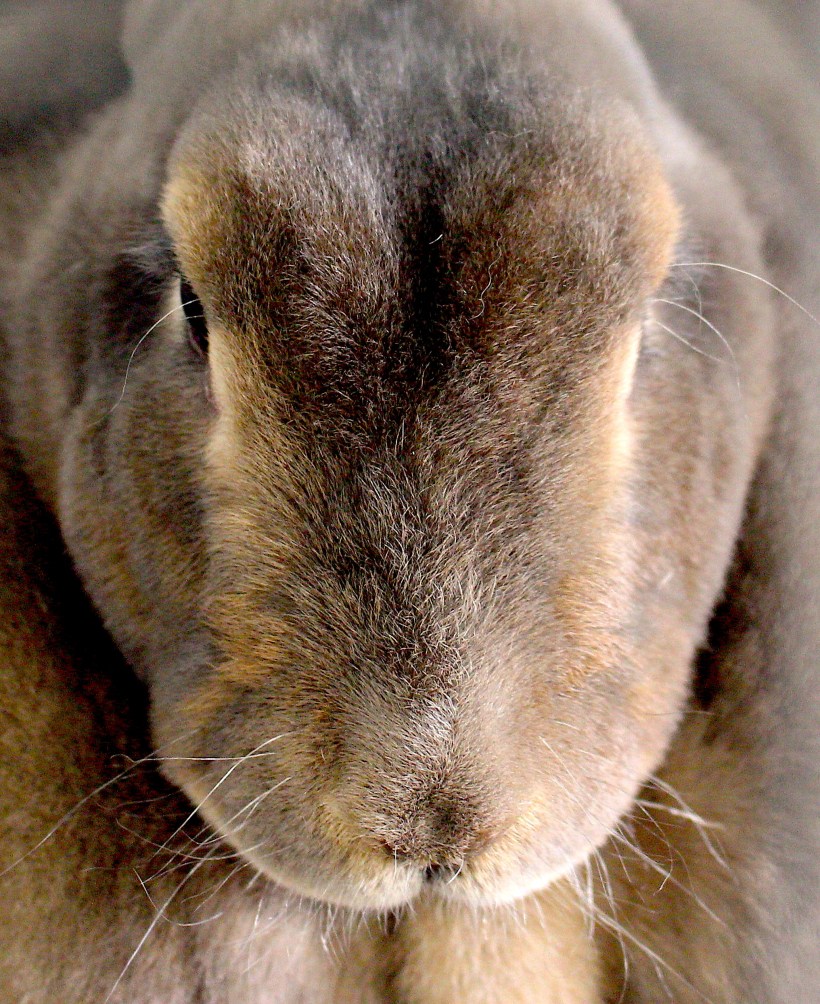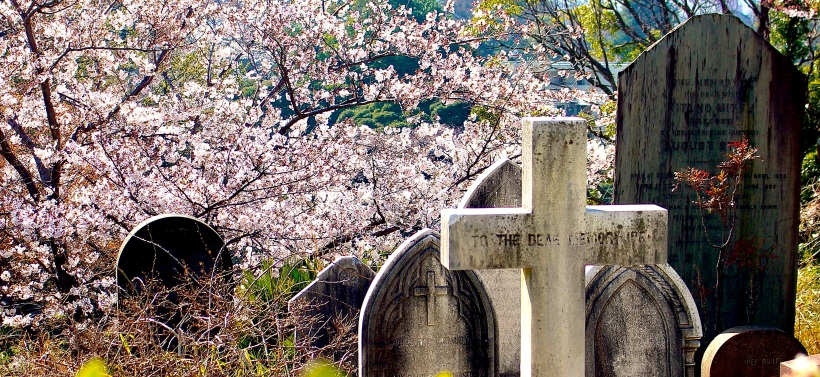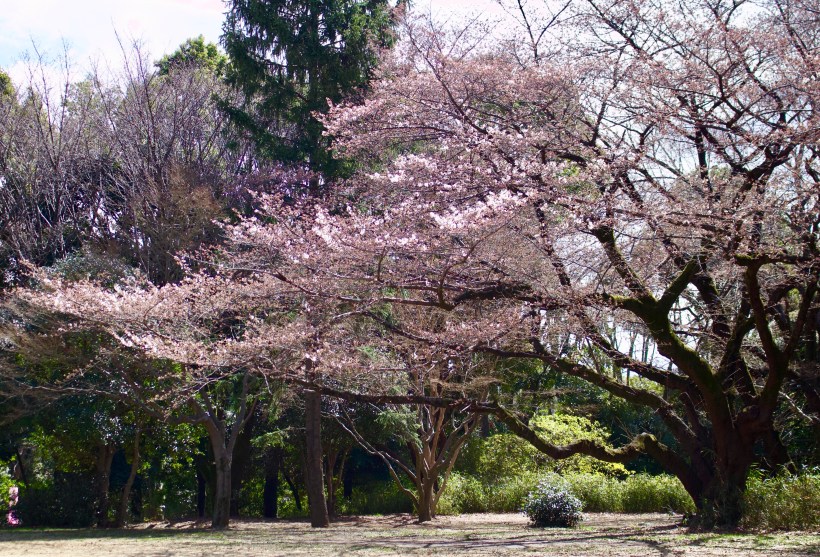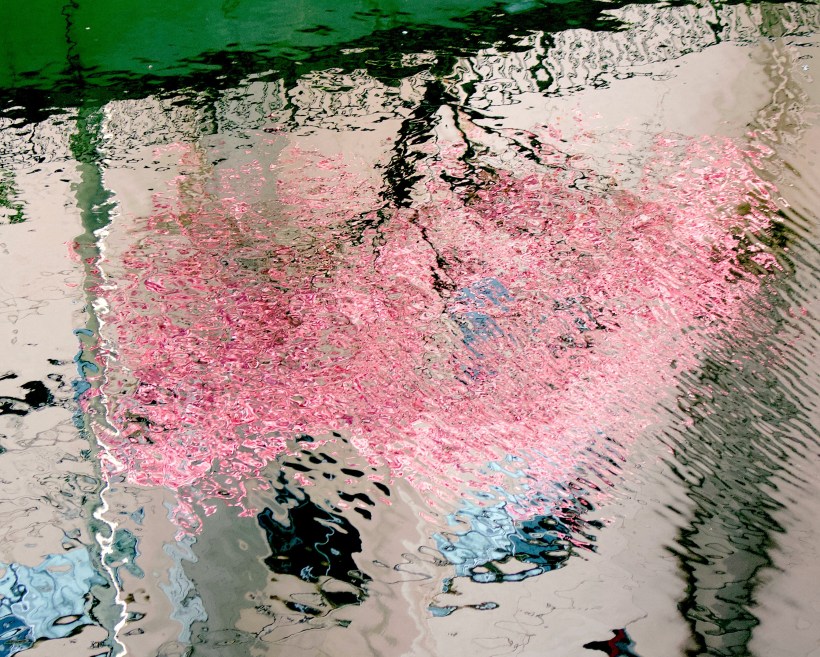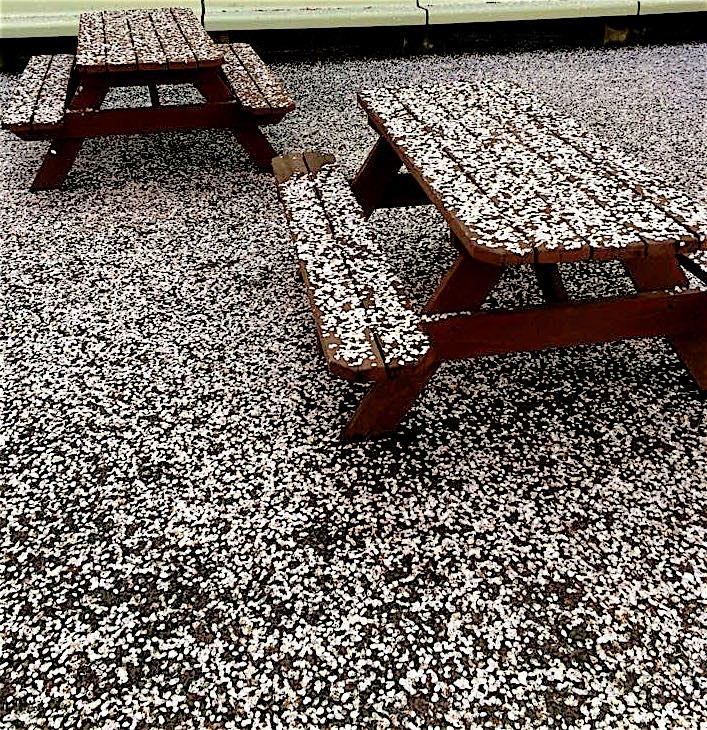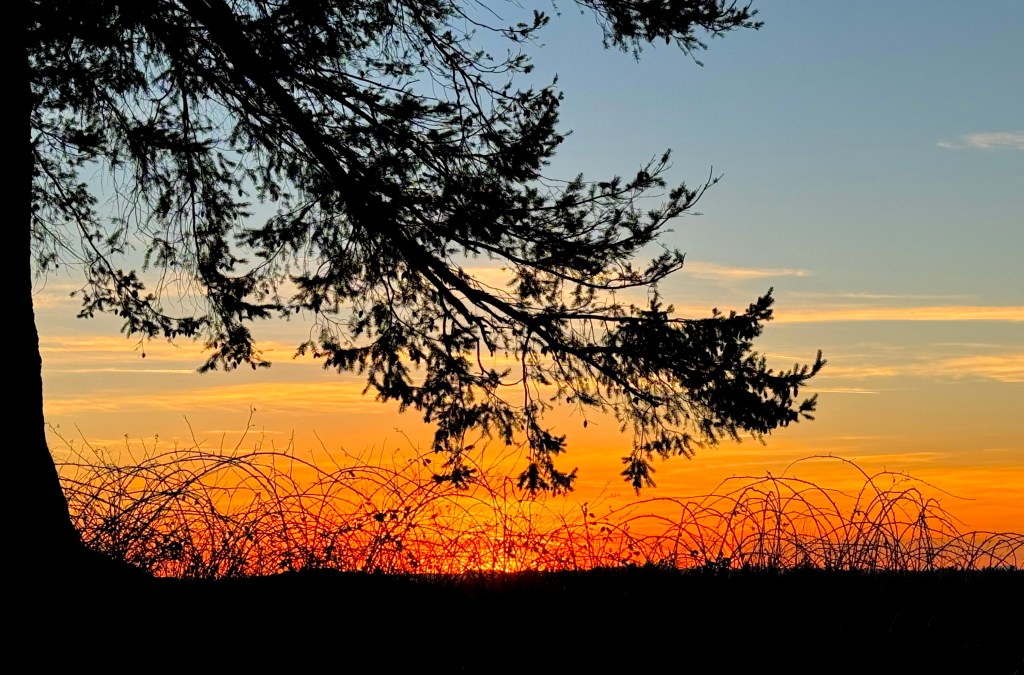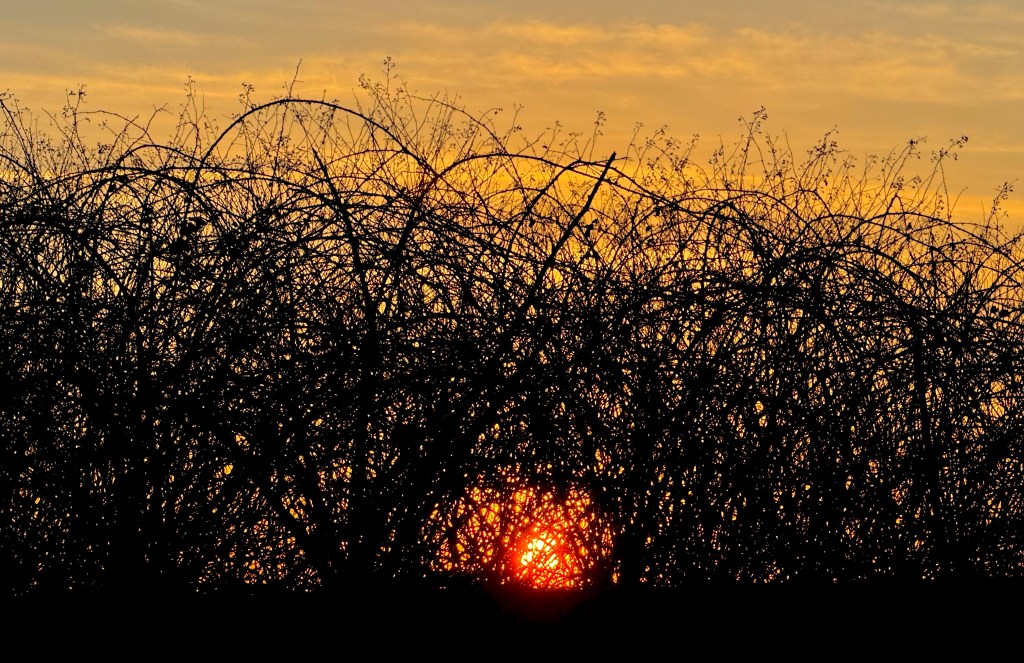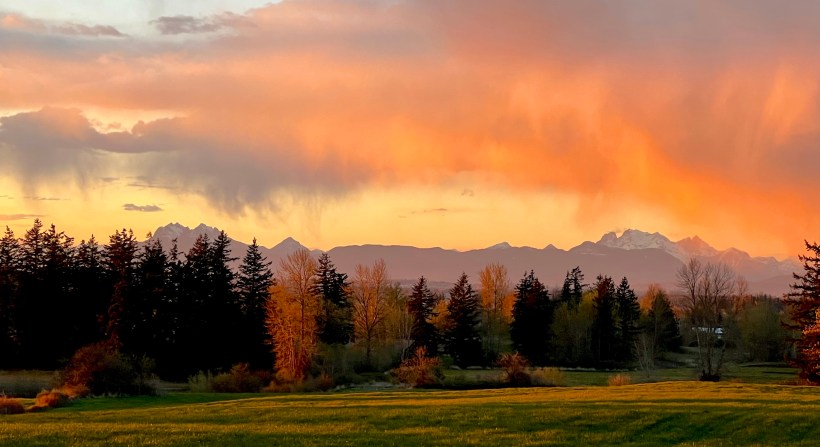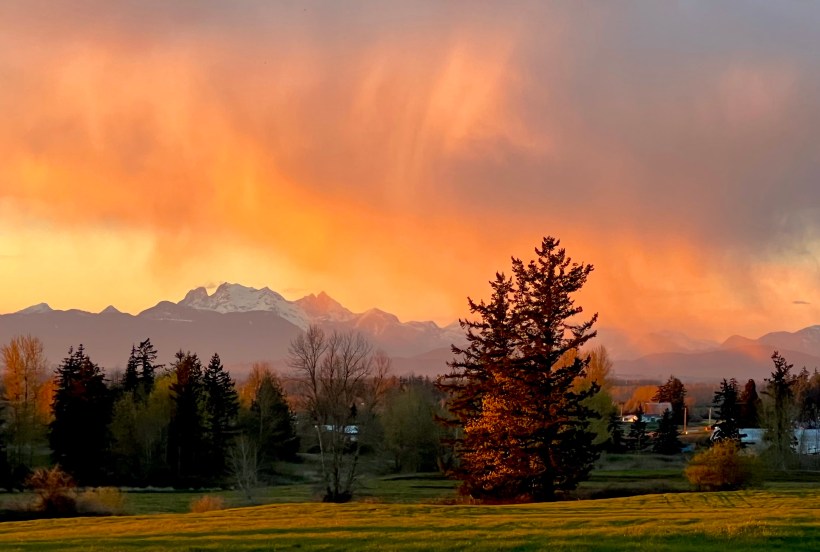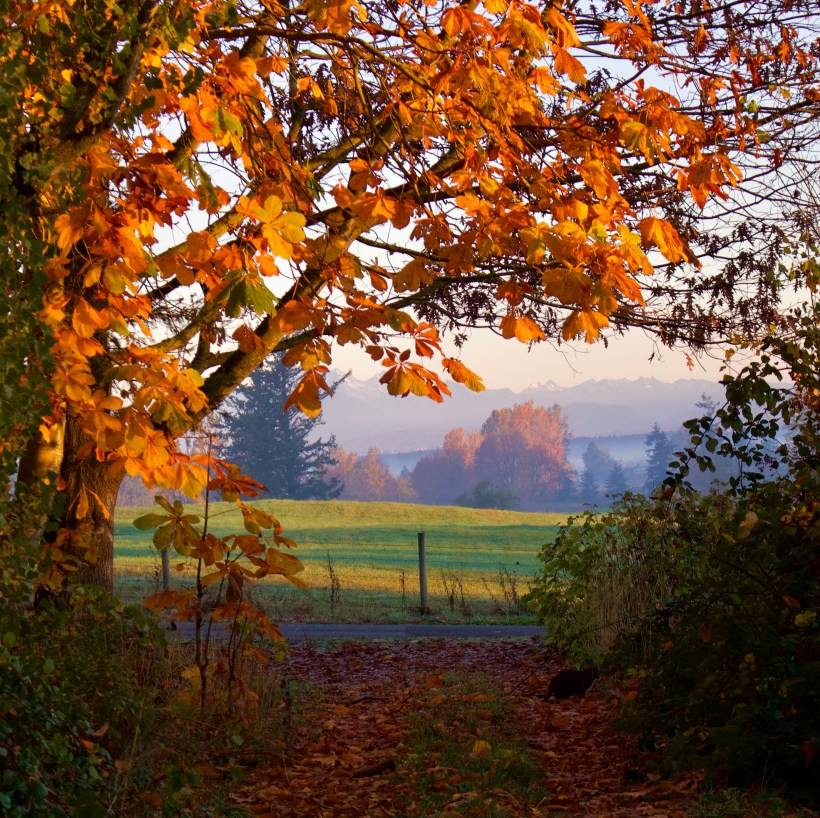

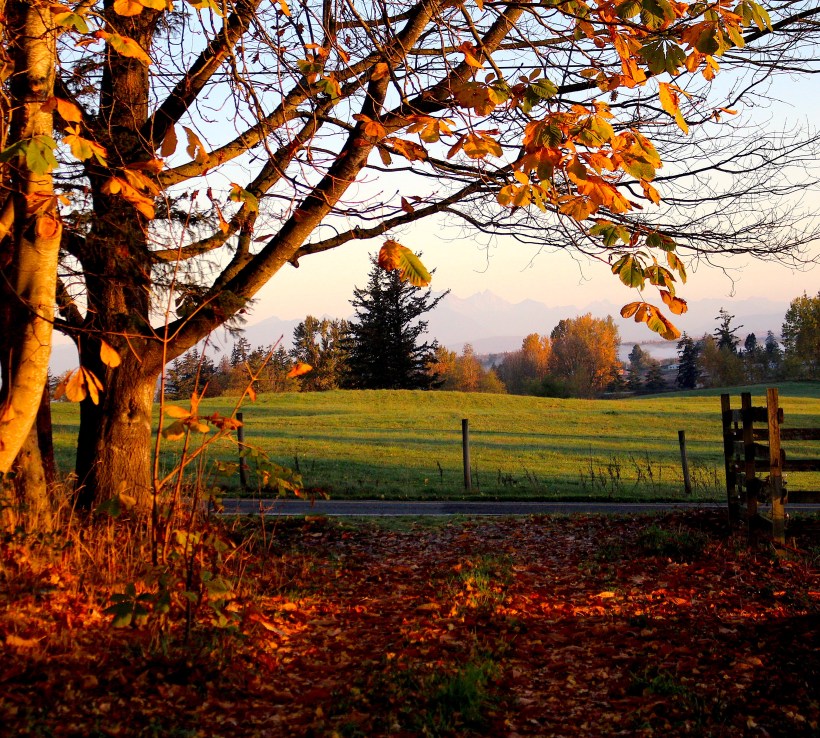


Perhaps as a child you had the chicken pox
and your mother, to soothe you in your fever
or to help you fall asleep, came into your room
and read to you from some favorite book,
Charlotte’s Web or Little House on the Prairie,
a long story that she quietly took you through
until your eyes became magnets for your shuttering
lids and she saw your breathing go slow. And then
she read on, this time silently and to herself,
not because she didn’t know the story,
it seemed to her that there had never been a time
when she didn’t know this story—the young girl
and her benevolence, the young girl in her sod house—
but because she did not yet want to leave your side
though she knew there was nothing more
she could do for you. And you, not asleep but simply weak,
listened to her turn the pages, still feeling
the lamp warm against one cheek, knowing the shape
of the rocking chair’s shadow as it slid across
your chest. So that now, these many years later,
when you are clenched in the damp fist of a hospital bed,
or signing the papers that say you won’t love him anymore,
when you are bent at your son’s gravesite or haunted
by a war that makes you wake with the gun
cocked in your hand, you would like to believe
that such generosity comes from God, too,
who now, when you have the strength to ask, might begin
the story again, just as your mother would,
from the place where you have both left off.
~Keetje Kuipers “Prayer” from Rattle #28, Winter 2007
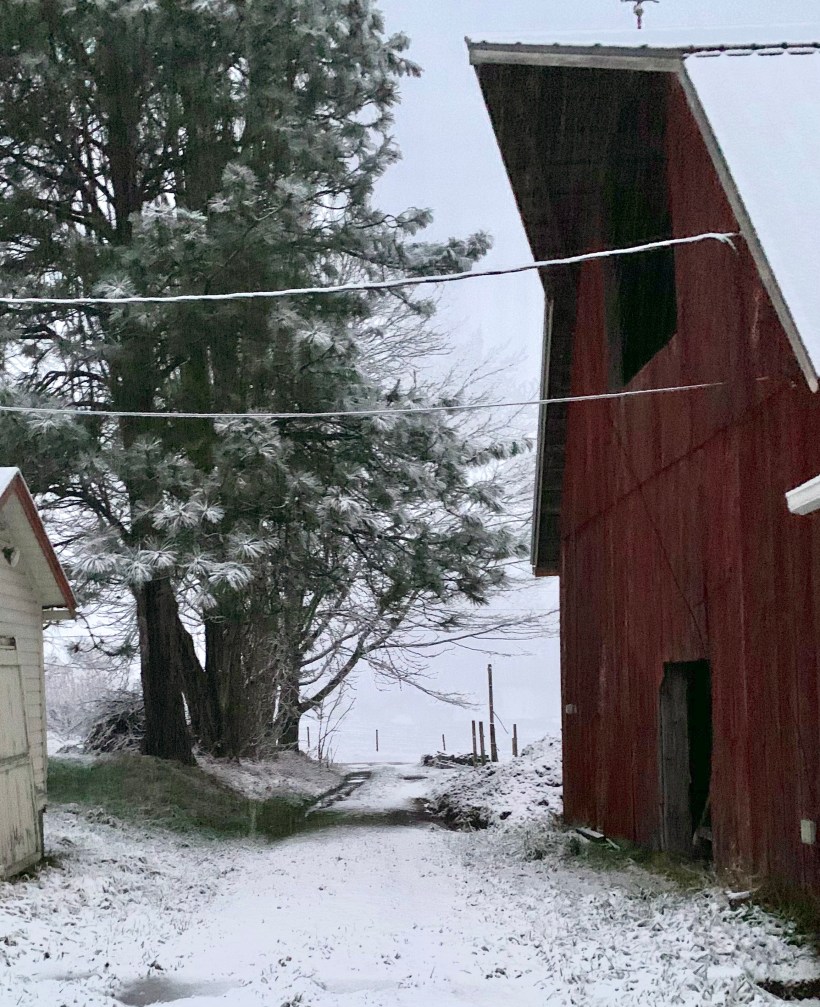
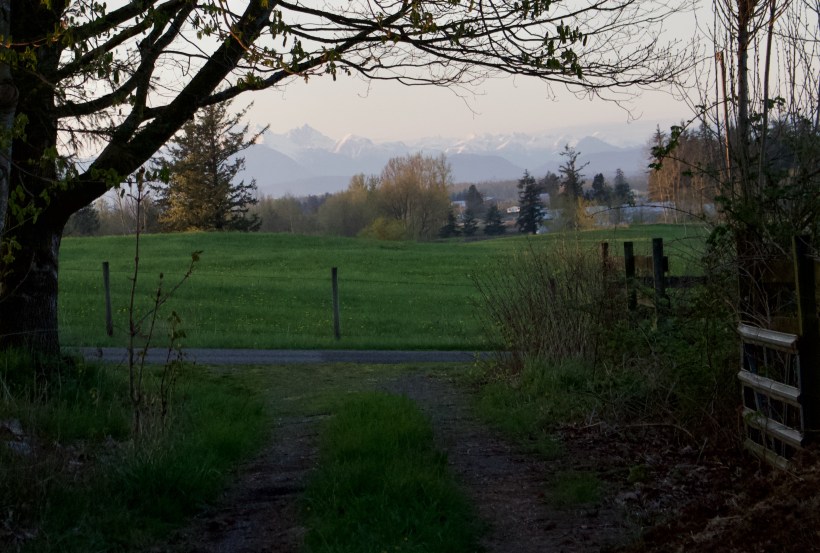


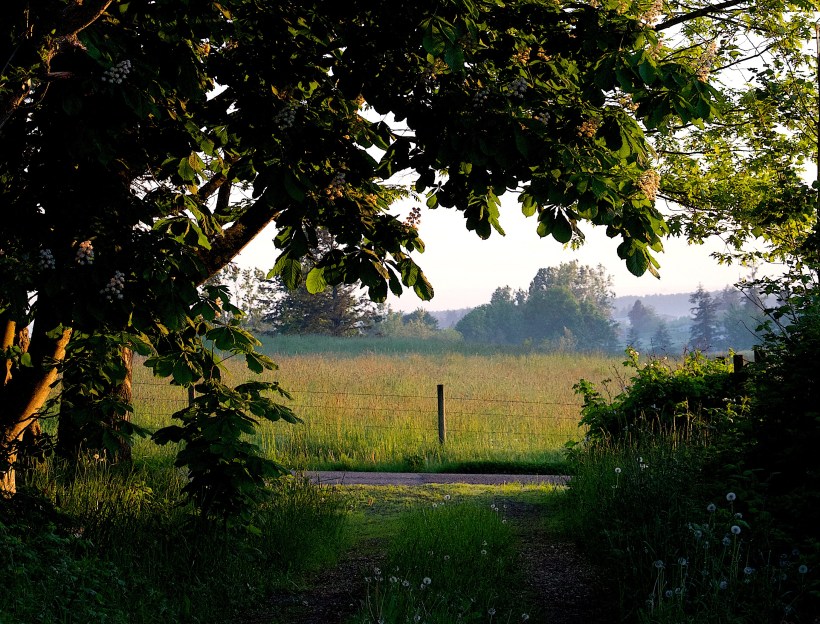
These autumn days will shorten and grow cold.
The leaves will shake loose from the trees and fall.
Christmas will come, then the snows of winter.
You will live to enjoy the beauty of the frozen world,
for you mean a great deal to Zuckerman
and he will not harm you, ever.
Winter will pass, the days will lengthen,
the ice will melt in the pasture pond.
The song sparrow will return and sing,
the frogs will awake, the warm wind will blow again.
All these sights and sounds and smells will be yours to enjoy,Wilbur — this lovely world, these precious days …
~E.B. White (Charlotte talking to Wilbur) from Charlotte’s Web
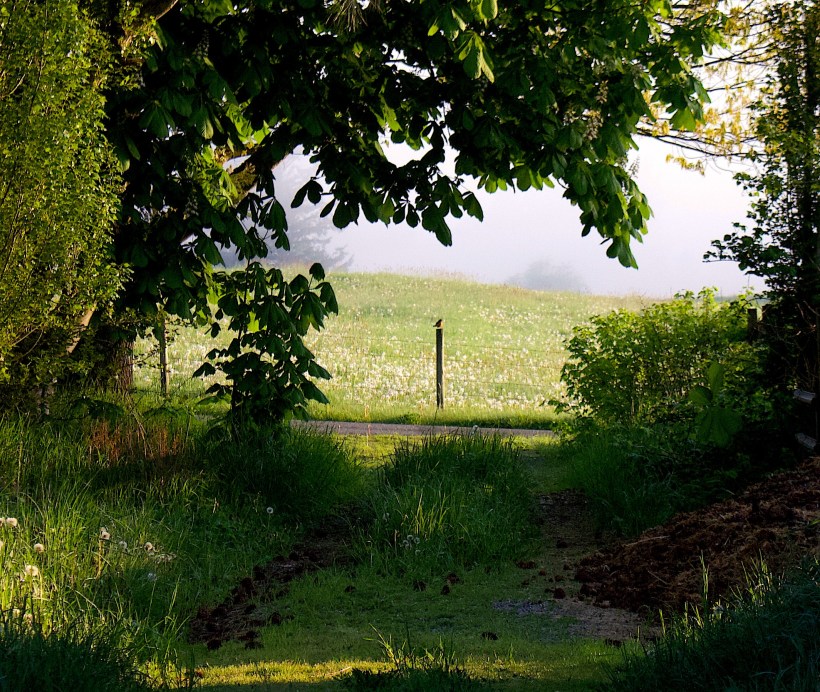
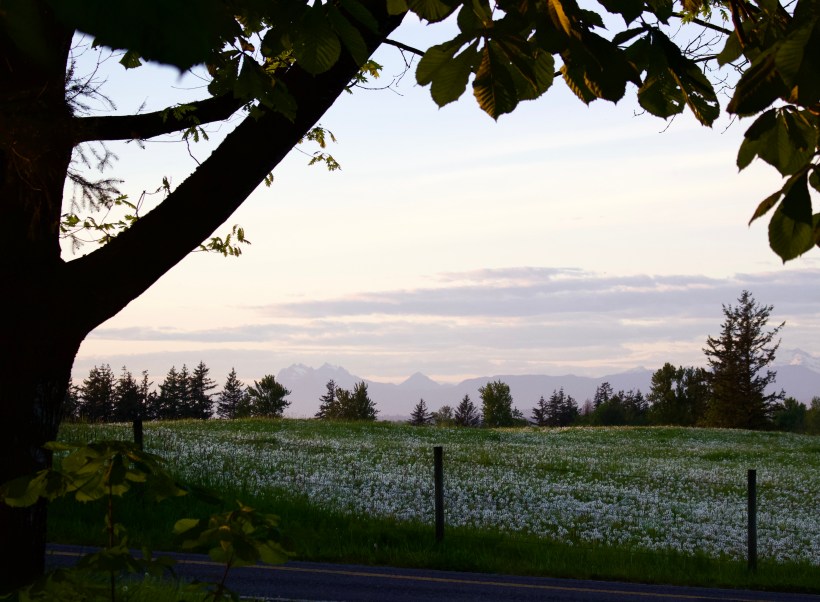


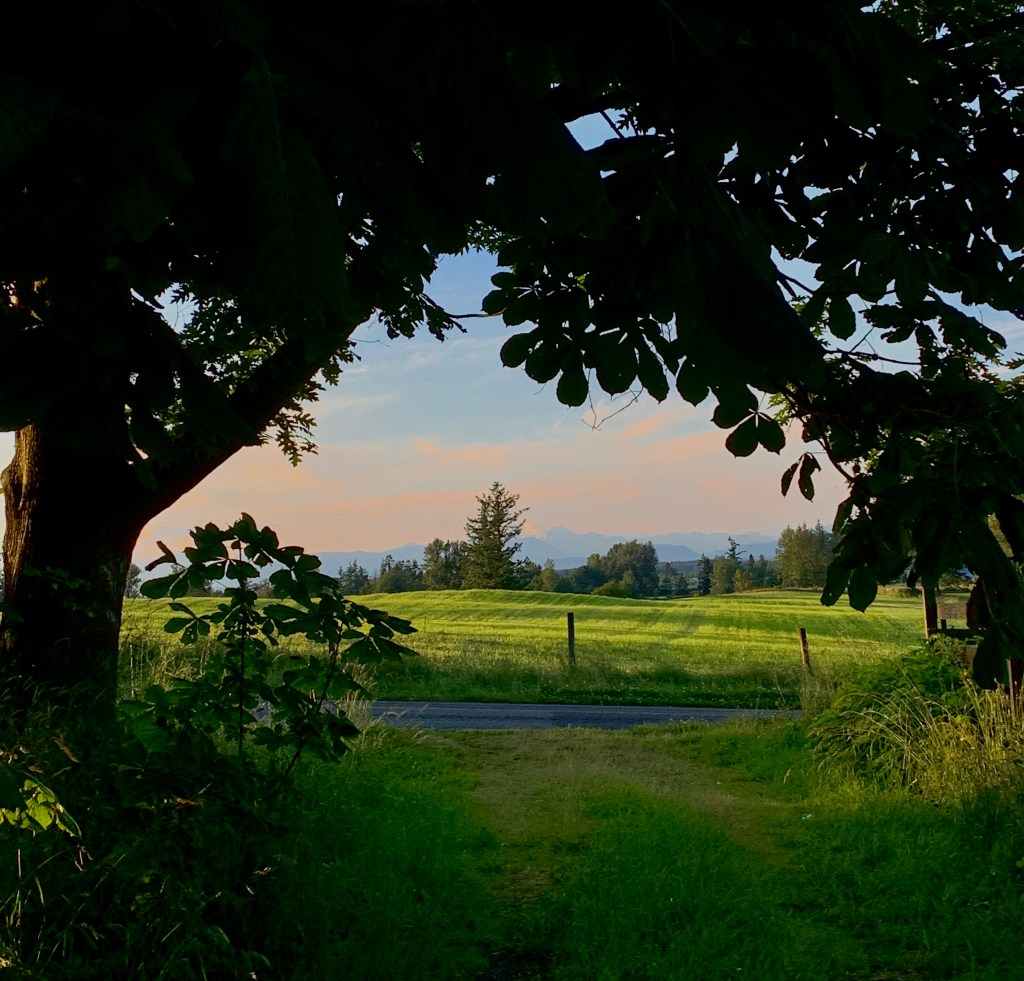
Each passing moment is precious, as time flows relentlessly.
We, on a linear trajectory from birth to death, bear witness to the cycling of the seasons while earth spins and orbits through space.
The story of me, and the story of you, is not yet finished. While our heads nod, our eyelids become heavy, the Author is turning the pages, reading resonant Words that define our days.
We pick up where we left off, wanting to hear the next unknowable chapter. We try to stay awake, eager to see what comes next.
We aren’t quite ready to fall asleep, not yet.
Not yet…
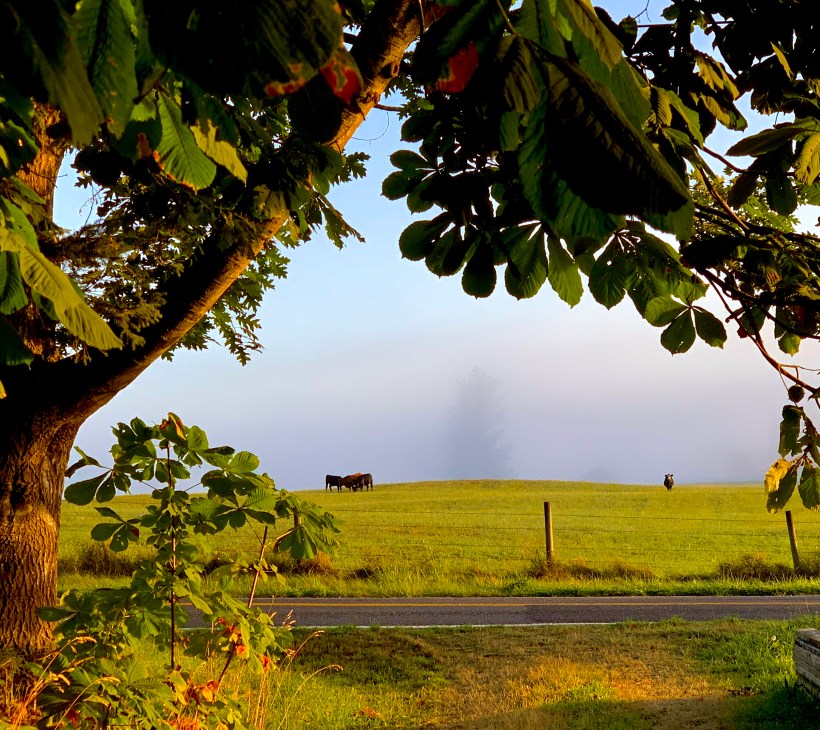

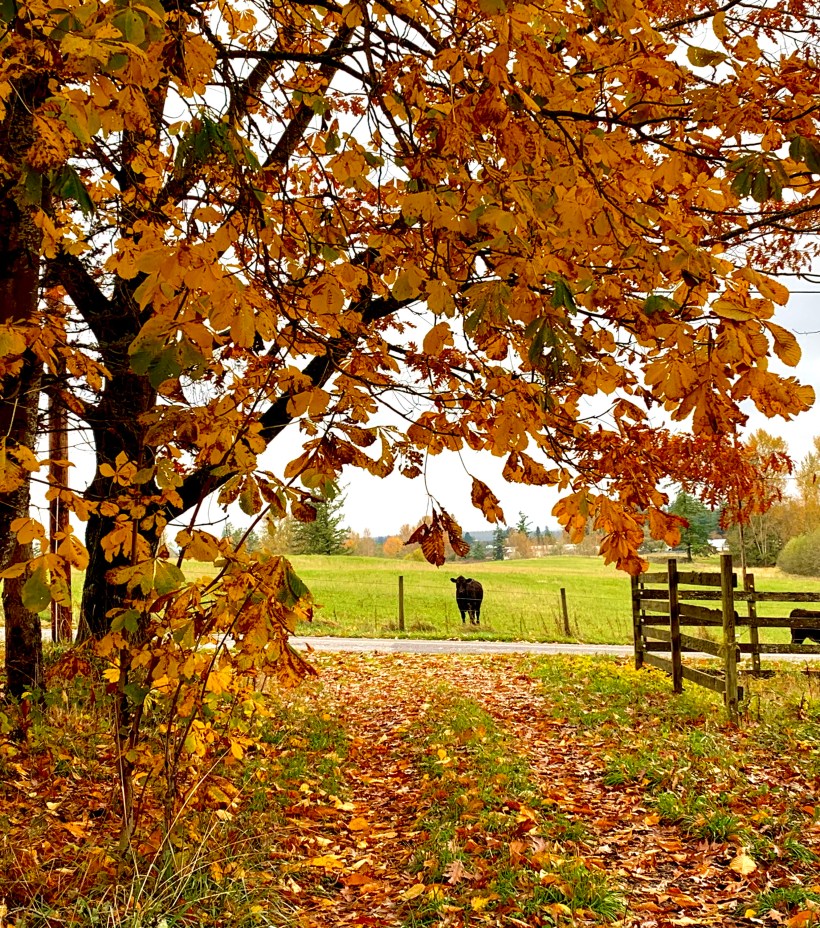

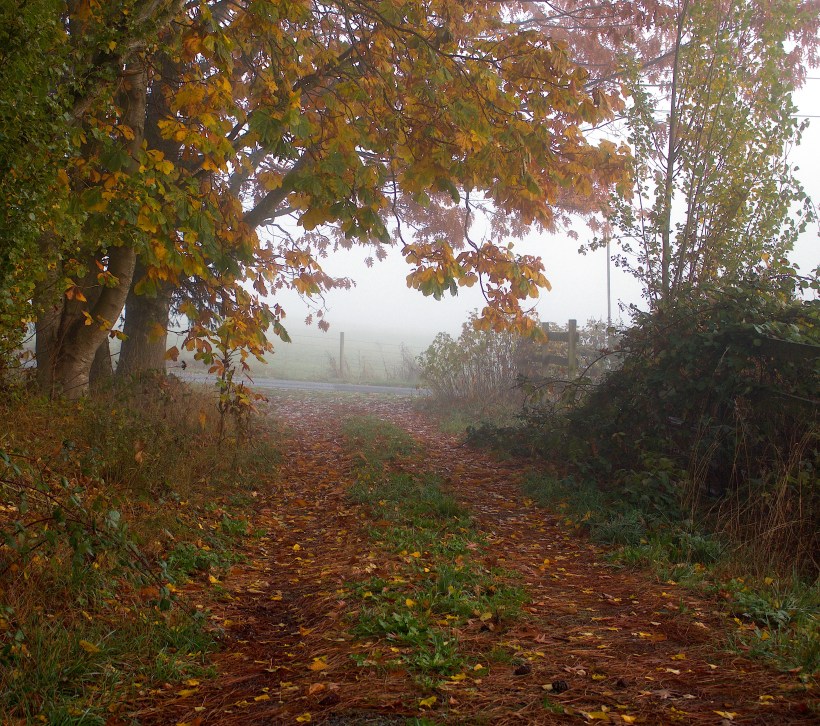
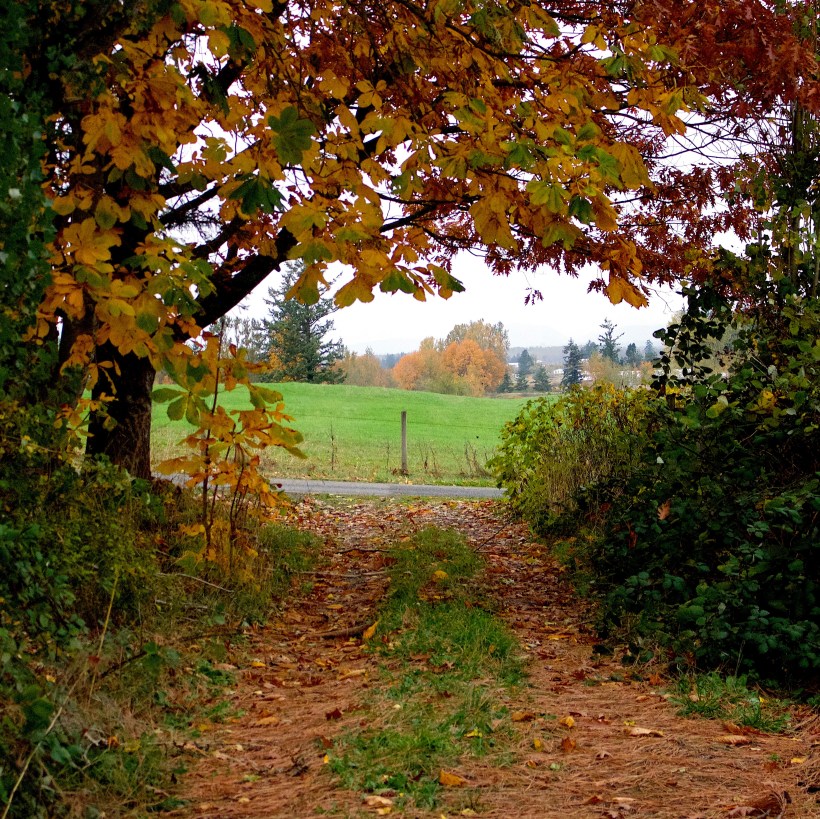
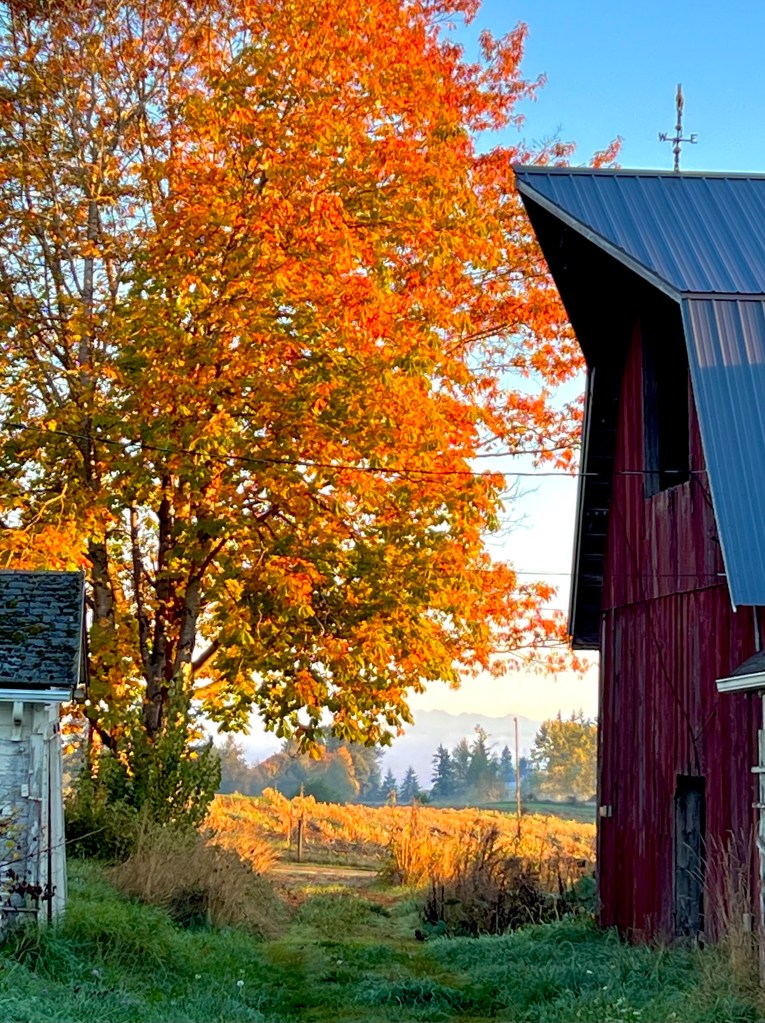
Make a one-time or recurring donation to support daily Barnstorming posts
Make a monthly donation
Make a yearly donation
Choose an amount
Or enter a custom amount
Your contribution is deeply appreciated.
Your contribution is appreciated.
Your contribution is appreciated.
DonateDonate monthlyDonate yearly

